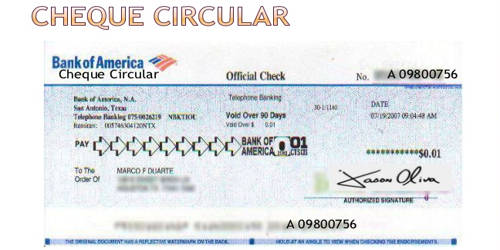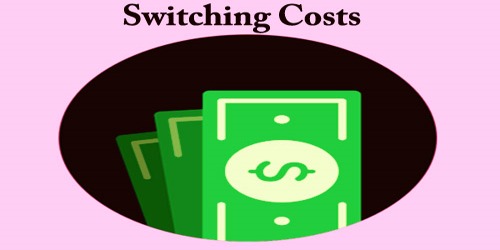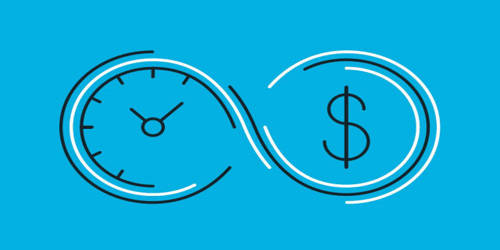Circular Cheque
A cheque issued by a bank to its agents or branch abroad is called a circular cheque. In banking, it is a document request by a bank to its foreign correspondents to pay a specified sum of money to a named person. Anybody willing to visit the county of issuing bank may buy this cheque. These are generally issued against a payment of cash to the amount of the notes, but the notes need not necessarily be cashed but may be returned to the banker in exchange for the amount for which they were originally issued. The agent of the branch writes the amount on the cheque when it is sold. It is the duty of the payer to see that payment is made to the proper person and that the signature is valid; he cannot recover the amount of a forged note from the banker who issued the Cheque.
Advantages –
- It is more convenient than carrying cash around.
- Payments can be stopped if necessary.
- One does not have to count notes and risk making counting mistakes.
- It can be drawn up anytime.
- Some are negotiable and can be endorsed in favor of a third party.
- They can be post-dated.
- They can be traced if lost.
Disadvantages –
- They are not legal tender and other creditors may refuse to accept them.
- They may be valueless if the drawer has no funds in his/her account.
- Depositing cheques into an account is time-consuming.
- They are not suitable for small amounts.
- People without bank accounts will be inconvenienced by crossed cheques.
















